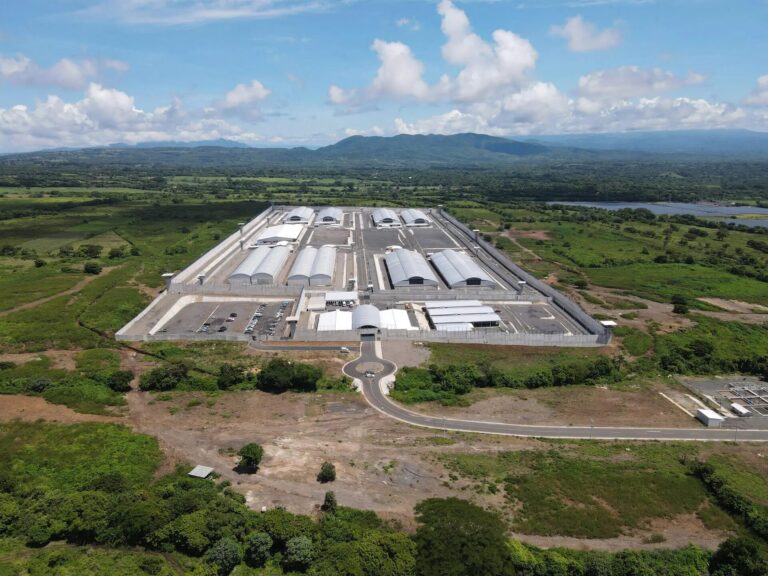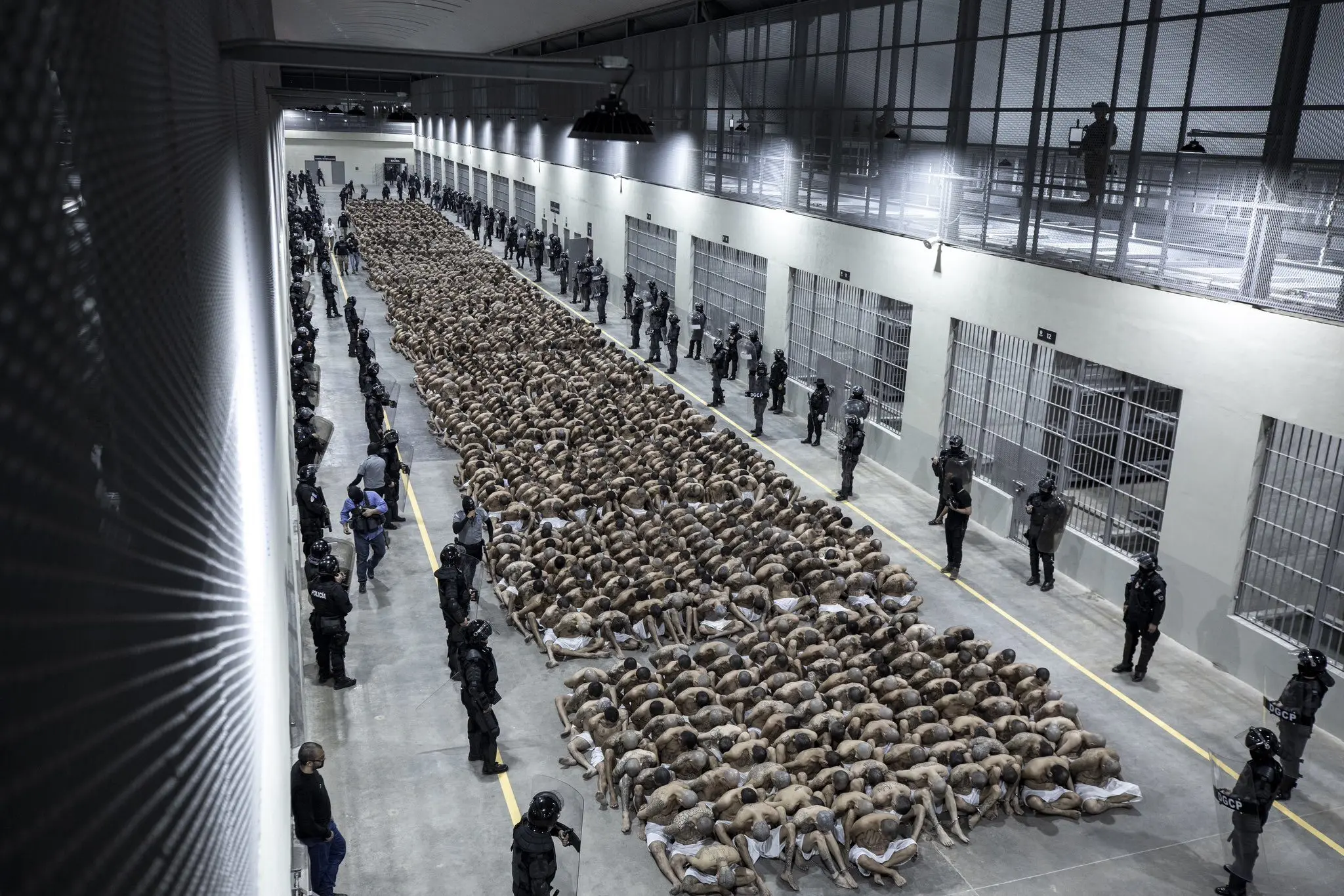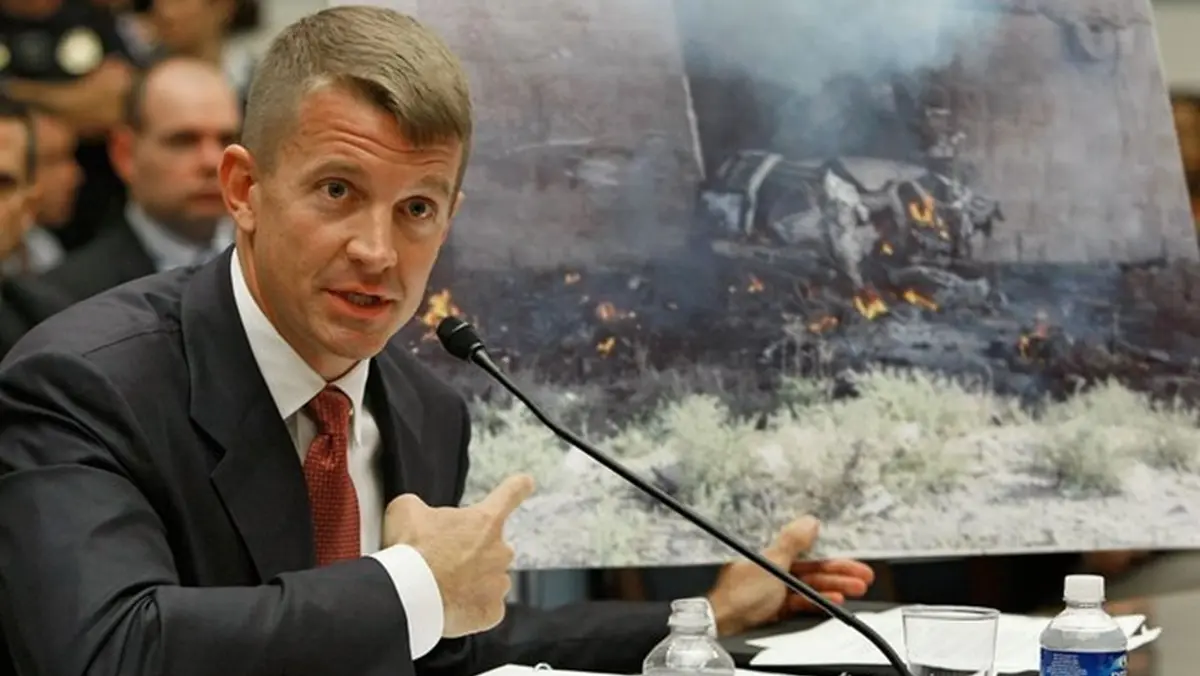State Responsibility and Human Rights Violations in the Detention of Venezuelan Migrants in El Salvador

Cristosal denounces bilateral impunity in the forced deportation and imprisonment of Venezuelan migrants.Photo:EFE.
July 22, 2025 Hour: 8:34 pm
Cristosal’s report exposes how the illegal detention of over 250 Venezuelan migrants in El Salvador reveals coordinated state failures and violations of international human rights law by both El Salvador and the United States.
Related:
El Salvador and US Violated Human Rights of Venezuelan Migrants, NGO Cristosal Denounce
The recent release of more than 250 Venezuelan migrants, who were detained without due process in Salvadoran prisons and deported back to Venezuela, has triggered an urgent reflection on the legal and human rights dimensions of their prolonged detention.
The humanitarian organization Cristosal presents a detailed analysis revealing the grave violations committed and the shared responsibility of both El Salvador and the United States in this crisis.
El Salvador’s government has attempted to evade responsibility by citing a secret bilateral agreement with the United States under which the Salvadoran penitentiary infrastructure was used to hold Venezuelan migrants after their deportation from the U.S. The Salvadoran authorities argue that the legal jurisdiction over these migrants belongs solely to the U.S., while the United States claims it loses jurisdiction once the migrants are deported to El Salvador.
Cristosal rejects these arguments as legally unfounded and morally unacceptable under international human rights standards. Sovereignty and bilateral agreements cannot be used as shields to avoid protecting individuals who are physically in a state’s custody. The organization’s report stresses that international obligations demand the protection of all persons under the effective control of a state, regardless of jurisdictional technicalities.
The detained Venezuelan migrants were confined in a Salvadoran penitentiary system known for widespread human rights abuses, including torture, arbitrary detention, and lack of judicial oversight.
Throughout their detention, these individuals were kept incommunicado ,with no access to legal defense, family visits, or medical care. No formal charges or court proceedings were made public, and requests for transparency regarding their status were denied by Salvadoran authorities.
🔗 Leé nuestro análisis sobre la responsabilidad estatal en el traslado de personas venezolanas a cárceles salvadoreñas.
— Cristosal (@Cristosal) July 22, 2025
Disponible en el siguiente enlace: https://t.co/samWXXdszm pic.twitter.com/gQVqA49eEJ
The text reads: The actions of [El Salvador] and [the United States] constitute a coordinated form of repression and political use of migrants as bargaining chips.
Both nations must be held accountable and repair the harm caused. Transparency, justice, and international protection for the victims are urgently needed.
Read our analysis on state responsibility in the transfer of Venezuelan people to Salvadoran prisons.
The analysis by Cristosal highlights that these conditions fit the definition of enforced disappearance as recognized by international law, triggering strict state obligations to prevent and correct such abuses. El Salvador’s failure to provide basic legal protections or information constitutes a direct violation of its duty as the custodial state.
The report reminds that the principle of non-refoulement ,forbidding the transfer of persons to jurisdictions where they risk human rights violations ,is foundational in international human rights law. The clandestine nature of agreements between El Salvador and the U.S. and the opaque deportation-and-detention process undermine this principle gravely.
Furthermore, the report argues that human dignity must take precedence over narrow concepts of sovereignty. The framework of international human rights limits state sovereignty precisely to prevent abuses like arbitrary detention or disappearance. Both countries’ shifting of responsibility leaves victims in a dangerous limbo,a situation intolerable from a rights perspective.
Cristosal concludes the analysis demanding full disclosure of all information regarding the detained migrants, an independent investigation into the violations suffered, reparations for the victims, and binding accountability mechanisms for both El Salvador and the United States. The report calls upon international human rights bodies to scrutinize these violations and ensure that bilateral agreements do not become tools for repression.
Author: YCL
Source: TeleSUR






